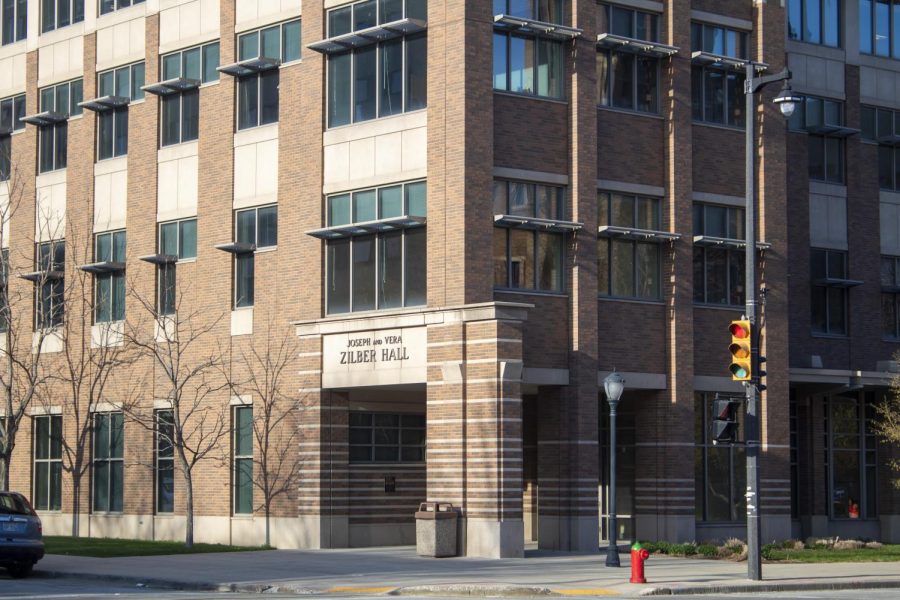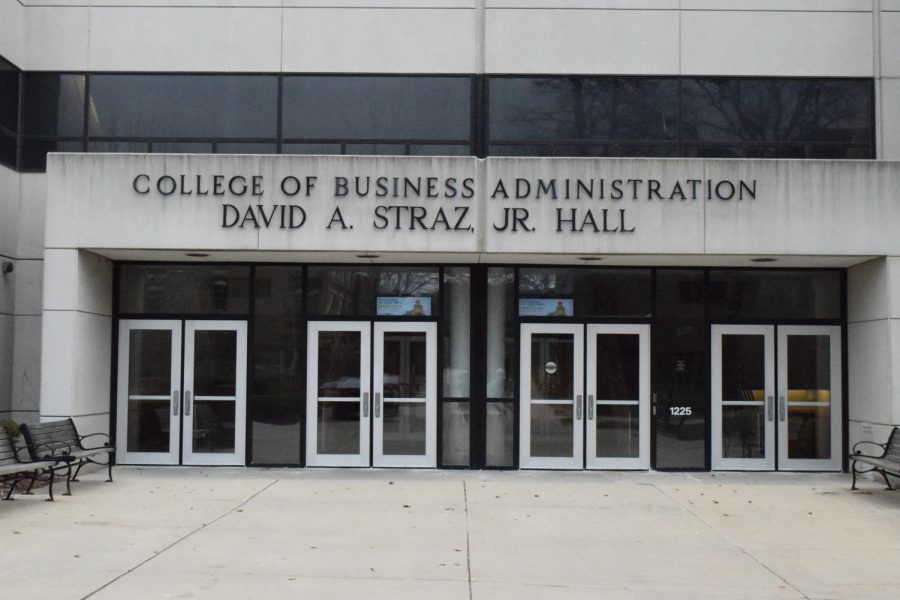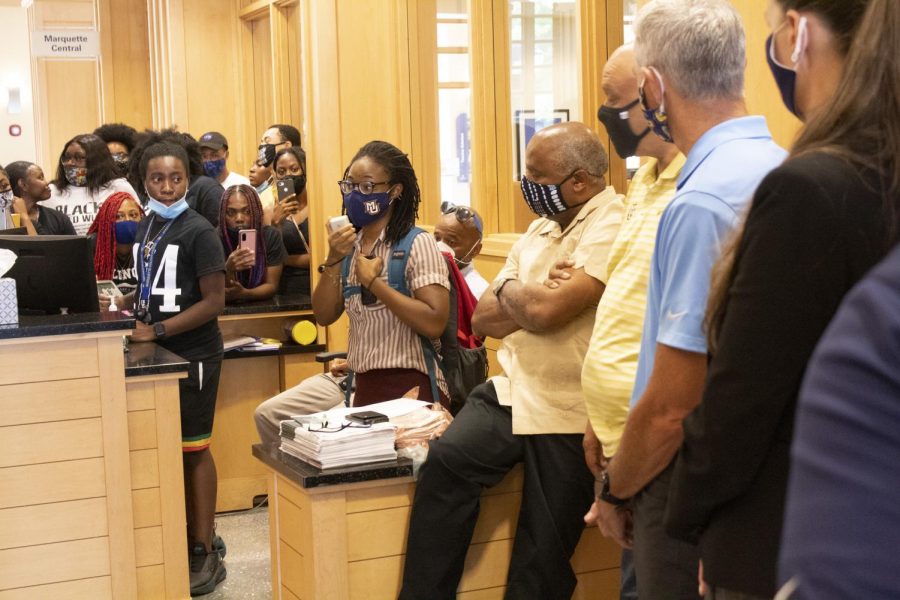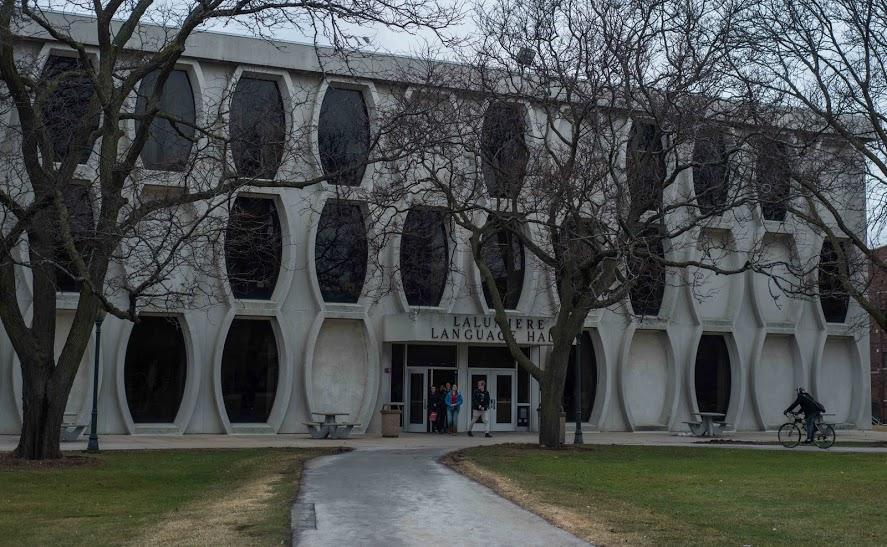College students in Michigan are crossing their fingers.
Last week, Michigan Rep. Fred Durhal Jr. proposed a plan that would provide free undergraduate tuition to the majority of students in the state
Durhal’s plan, named the Michigan College Tuition Grant Act, is designed to be able to provide free tuition without hiking taxes, according to the Detroit Free Press.
If implemented, the plan is projected to generate $1.7 billion over four years that would provide tuition for about 63,000 students.
The plan includes several terms and conditions that students must meet in order to qualify for the grant.
To be eligible, students must live in Michigan for five consecutive years prior to high school graduation and graduate with a 2.5 grade point average. They must also agree to devote a year to community service upon college graduation.
The community service requirement assigns students to their former high schools as mentors to underperforming students. The idea is to help the high school students improve their GPA to at least 2.5.
Students who accept jobs outside of Michigan following graduation will be required to either repay the tuition grants or perform another year of community service in the areas they live.
The motivation behind Durhal’s plan is to expand Michigan’s educated workforce.
“If Michigan is to become a destination for advanced technologies, emerging alternative energy industries, medical research and development and other high-tech fields, we must produce a highly educated workforce,” Durhal said on his Web site.
Emily Naber, a Michigan resident and junior at Xavier University in Ohio, is skeptical of the plan.
“I really doubt that it would work,” Naber said. “I don’t think they would be able to come up with enough money.”
Some obstacles do lie in the way of the act’s passage.
Because of Michigan’s $2.8 billion budget deficit, the proposal requires a state constitution amendment that affirms the revenue will be reserved exclusively for student tuition and will not go towards deficit reduction.
Such an amendment to the state’s constitution would require either a petition drive or an act of the legislature, followed by a vote by the citizens of Michigan.
If the plan is approved by the citizens’ vote, Michigan residents will vote on the issue again in November 2010.
The funding for the grants would derive from a revised lottery system, voluntary contributions from casino profits, private endowments and personal donations of income tax refunds via a check-off box on refund forms.
The state government would play an active role in the acquirement of funding by holding three annual “super lottos” to stimulate participation in the lottery.
The government would also lobby individuals and corporations to donate to the program and request casinos turn over 1 percent of their gross receipts.
In an interview with The Detroit News, Durhal said he believes the incentive for casinos to donate will be an improved attitude, hoping people will feel less guilty about dropping cash on gambling that has a charitable by-product.
Dano Schoenenberg, a sophomore at Concordia University, agreed.
“I know I would feel a lot better about losing money to the casino if I knew some of it would go toward helping students like me,” Schoenenberg said.






